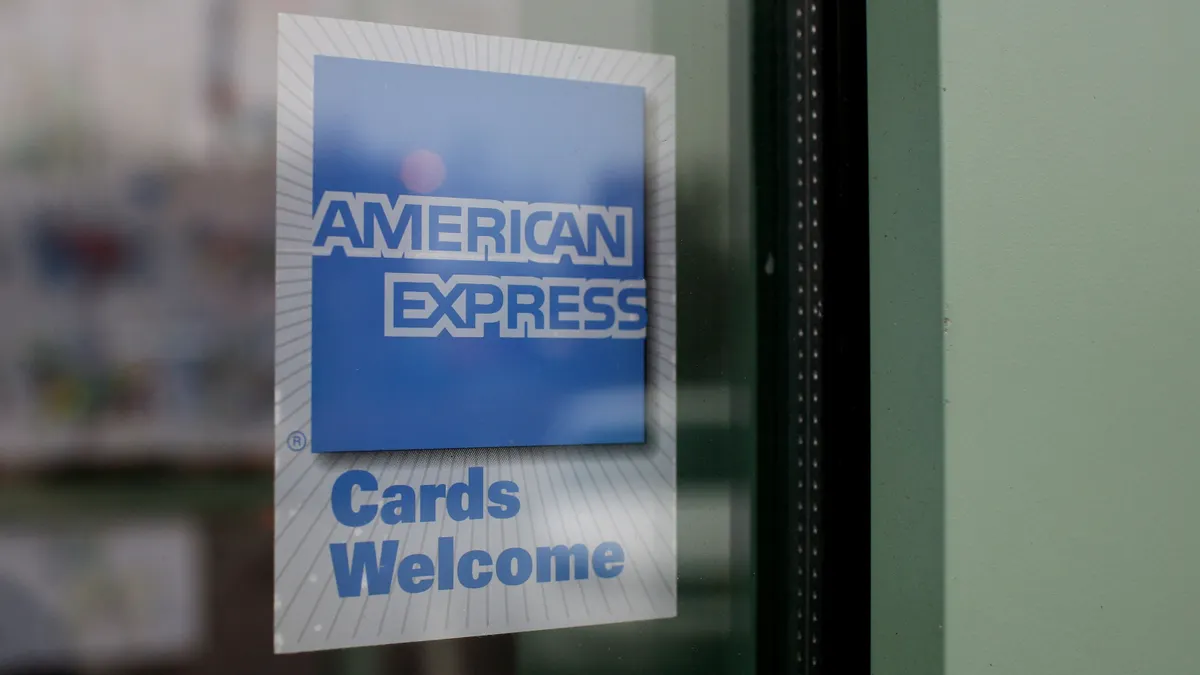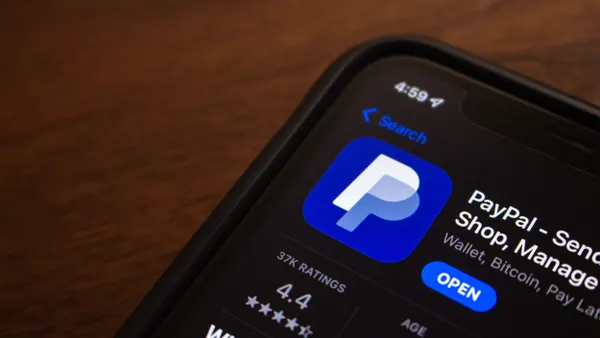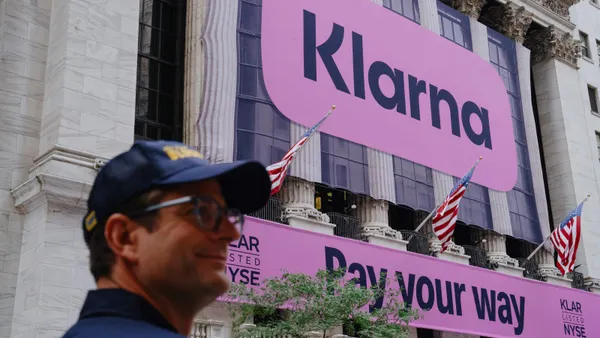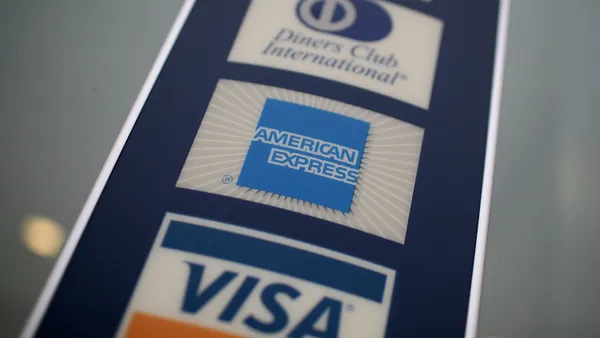Dive Brief:
- Transferring money via stablecoins is a viable substitute for traditional payment rails, American Express CEO Steve Squeri told investors Friday during an earnings call.
- While he stressed that the digital assets will likely never fully displace rails such as the Automated Clearing House and Swift, the passage of the Genius Act – which provides a federal regulatory framework for stablecoins – means that companies like Amex will take a close look at cryptocurrencies and how to use them, he said.
- “Will they replace the existing payment rails? No,” Squeri said of stablecoins. “Are they a good proxy and a good alternative to ACH and Swift payments and wires and things like that? I think so.”
Dive Insight:
Rails like ACH and Swift are well-established and work too well to be fully replaced by digital currencies, he said.
The CEO provided few details on why the digital assets could be used in lieu of ACH or Swift and an Amex spokesperson did not respond to a request for further comment.
Stablecoins are a type of cryptocurrency pegged to the value of a fiat currency such as the dollar or the euro. They theoretically hold their value better than digital currencies, like bitcoin, which surge and decline in value daily.
Amex is taking a wait-and-see approach to stablecoins after President Donald Trump signed the Genius Act into law on Friday, Squeri said. “There's more to play out,” he said.
Cross-border payments have been singled out as one practical application for digital assets like stablecoins, although moving money between countries “is not a big revenue driver for us,” Squeri said in Friday’s earnings call. “But it is an opportunity, and it’s one that we are seriously looking at.”
ACH is largely used in the U.S., but Swift, an international messaging system operated by a Belgium cooperative, is used to facilitate money movement between countries. Its name stands for Society for Worldwide Interbank Financial Telecommunication.
A June report from the consulting firm Deloitte concluded that stablecoins could take business away from traditional financial institutions.
Amex already has one foot in the cryptocurrency door. Last month, the crypto exchange Coinbase began offering a credit card on the American Express network that gives users up to 4% bitcoin back on every purchase.
The card network is also not the only one expressing interest in digital assets. Executives from Visa and Mastercard both said in recent weeks that their companies are looking at the opportunities that come with stablecoins.
For the second quarter, New York-based Amex reported $17.86 billion in total revenue, an increase of 9% from the $16.33 billion the company reported in the same quarter in 2024.
However, profits dipped slightly. Amex reported $2.89 billion in net income for the quarter, a 4% drop from the $3.02 billion the network reported in the year-ago quarter.
Analysts were nevertheless bullish on the company's results. American Express’ investment in younger cardholders bodes well for the future, William Blair analysts wrote in a note to investors Friday.
“We continue to believe the Gen-Z/millennial cohort will represent a strong [return on investment] for Amex over the long term,” the note said. “In the June quarter, this cohort represented 35% of U.S. consumer billings."
Data suggests younger cardholders are more engaged, have lower serving costs and higher incomes compared to other demographics, the analysts wrote.













